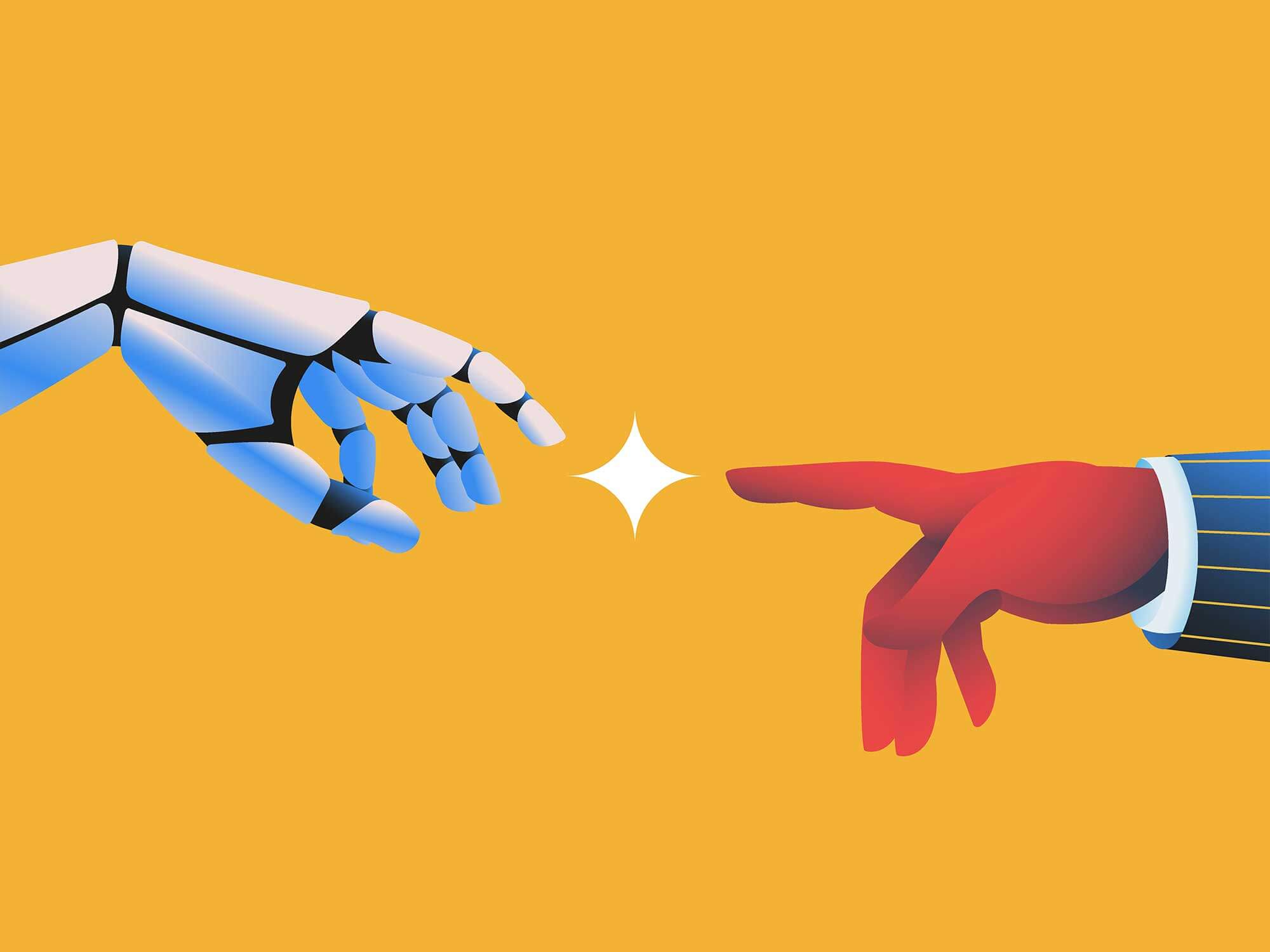AI legislation could unintentionally affect cover bands, law firm partner claims
“If we change the law in order to restrict AI-generated audio ‘sound-alike’ recordings, we also need to consider whether the change in the law would upset the equilibrium for cover bands.”

Credit: Getty / Moor Studio
Dr Christian Mammen, an intellectual property expert and law firm partner, has said that if legislation is to be put in place to protect artists against AI-generated ‘sound-alike’ voices, this could have an “unintended consequence” on cover bands.
- READ MORE: “Sampling led to hip-hop… AI music has the potential to do something similar”, says Holly Herndon
As stated in a recent interview with The Verge, Christian Mammen, an experienced lawyer with over 20 years of expertise in patent, intellectual property, and technology litigation, highlights the current laws surrounding cover bands.
He says that while the music industry has “struck a balance” with tribute bands so that labels and artists cannot sue cover bands as long as the groups don’t claim to be the original artists, this law could be affected if AI legalisation was to be introduced.
“If we change the law in order to restrict AI-generated audio ‘sound-alike’ recordings, we also need to consider whether the change in the law would upset the equilibrium for cover bands – an unintended consequence if the law is overbroad,” Mammen says.
Also in the piece, which explores the potential introduction of laws covering AI-generated voices that mimic other voices, Andrea Gleeson, CEO of TuneCore, says that there needs to be a process where artists have a say in who can use their voices.
“Generative AI that is transparent and very clear in what went into creating that AI art goes a long way, but we also need a process of control where artists have a say about how and who gets their likeness,” she says.
Many artists, streaming platforms and record labels are calling for legislation to protect artists in cases where AI is being used to copy the voices of others, such as Drake and The Weeknd. The Council of Music Makers recently outlined five key principles for AI use they want policymakers to adopt when considering how to regulate AI for use in music. These are:
- Music-makers should give consent for AI model training
- Protect music-makers’ publicity and personal rights
- Share AI-generated music profits fairly
- Collaborate with music-makers on revenue sharing
- Clearly label AI-generated works and disclose training data sources
Read more about AI’s role in music via musictech.com.